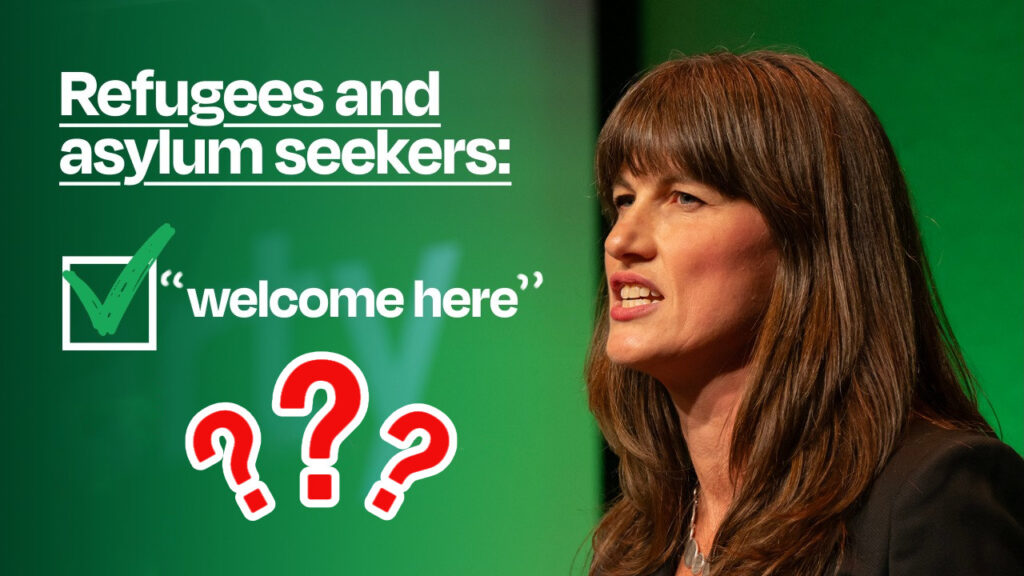India has become the first nation to land on the moon’s south pole successfully.
Until now, only China, Russia and the USA have touched down an earth satellite.
It’s thought the south pole’s rugged landscape contains water in the form of ice that could support a future base on the moon, allowing astronauts and scientists to work for an extended period.
Space agencies, including NASA, have detected frozen water in the moon’s south pole craters before, but no country has ventured into the region.
If water ice is there, it could be used for fuel, oxygen, and drinking water and provide insight into past lunar volcanoes and the origins of our oceans.
India’s Prime Minister Narendra Modi was told of the historic landing and commented, “will look into a human flight mission as well for the future”.
“India is showing and proving that the sky is not the limit.”
However, at what cost has this come? A quick Google search throws up some interesting statistics.
About 60% of India’s nearly 1.3 billion people live on less than $3.10 a day, the World Bank’s median poverty line. And 21%, or more than 250 million people, survive on less than $2 a day.
Today, the wealthiest 10% in India controls 80% of the nation’s wealth, according to a 2017 report published by Oxfam, with the top 1% owning 58% of India’s wealth. (By comparison, the wealthiest 1% in the United States holds 37% of the wealth.)
Another way to look at it: In India, the wealth of 16 people is equal to the wealth of the 600 million poorest.
India is truly a nation of income inequality and poverty. On one side, we have billionaires and prominent scientists, medicine and democracy, but for the other 75%, who almost all live in villages and scrabbling for food, with 1 in 3 being illiterate.
So, why is the UK government sending India £33 million in aid this year and has pledged to send £57 million next year?
We see local sports centres and theatres shutting down while doctors and dentists have massive waiting lists, yet we send money to a country with a better space program than us.
We could have colonised the moon by now and been well on our way to Mars, yet we stopped and decided to attempt to save the planet and feed and home to the third world. Meanwhile, “emerging nations” like India disregard their moral duties to the environment and, instead of looking at the suffering around them, have looked up at the stars.
We know the source of this madness: Internationalism. Organisations like the UN have been slow to adapt and keep pace with a rapidly changing world—domestic Governments who insist on signing away every aspect of their nation’s sovereignty—finally, the wealthy moral masturbaters who insist on morally blackmailing European People.
We must reconsider our strategy for engaging in global affairs. While it is undeniable that international aid and collaboration are critical, they should not be guided solely by rigid liberal and internationalist beliefs. Instead, a more nuanced approach is necessary, where the UK evaluates each agreement individually, considering the practical concerns and interests of all parties involved. We must adopt a pragmatic stance rather than one driven by ideology.
If you believe in the benefits of an internationalist approach, consider the potential consequences of extended wait times for medical procedures or having to make tough decisions between utilities. It’s important to note that there are individuals, such as an Indian billionaire, who may be benefiting from the system at the expense of others who are footing the bill for what should be their responsibility.


